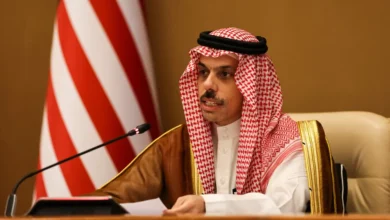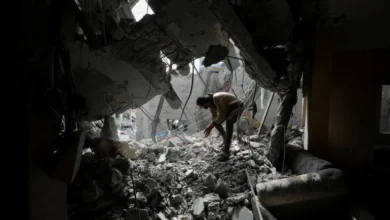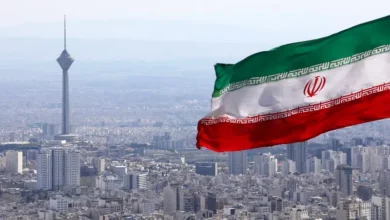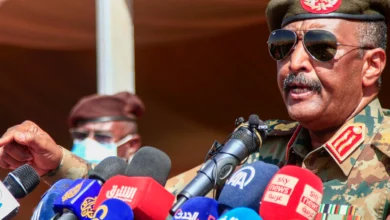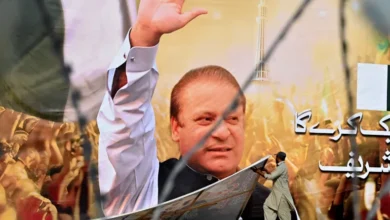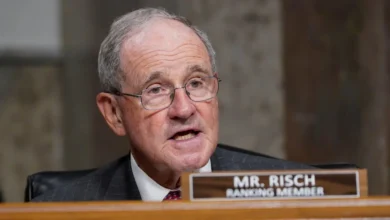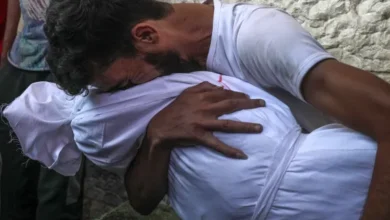Kurdistan PM slams Iraq’s proposal to lower legal marriage age to nine
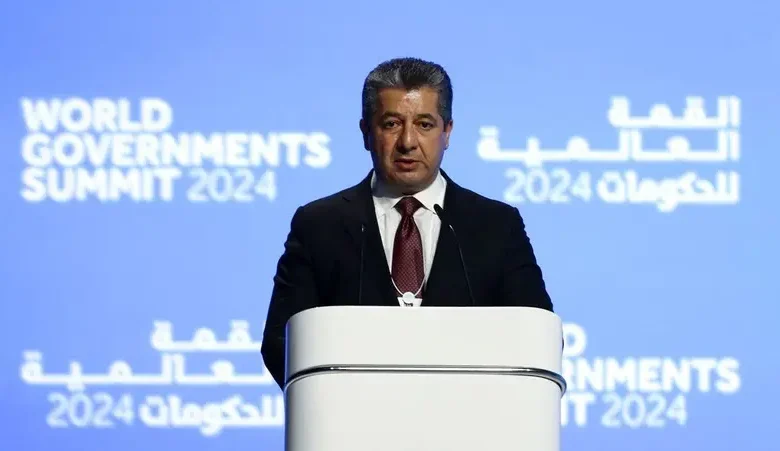
In a fiery exchange at the Middle East Peace and Security Conference in Erbil, Kurdistan’s Prime Minister Masrour Barzani vehemently criticized Iraq’s proposed legislation to lower the legal marriage age to nine, labeling it a severe regression in women’s rights.
The panel, moderated by Al Arabiya’s Chief International Anchor Hadley Gamble, delved into women’s rights, Iran’s influence over Baghdad, oil disputes, and US foreign policy under President Donald Trump.
Addressing the controversial bill, Barzani expressed deep concern.
“Iraq was one of the most advanced Middle Eastern countries in terms of promoting women’s rights. Unfortunately, there are factors that are affecting and influencing the rights of women in countries where poverty, injustice, illiteracy is widespread. And unfortunately, over the years, Iraq hasn’t been in its best capacity,” Barzani told Gamble.
The proposed amendment to Iraq’s Personal Status Law has ignited widespread outrage among human rights activists and international observers. Critics argue that sanctioning marriages for girls as young as nine not only legalizes child abuse but also undermines decades of progress in women’s rights.
Organizations like Amnesty International have condemned the bill, stating it would “pave the way for child marriages” and strip women and girls of protections regarding divorce and inheritance.
In stark contrast, Barzani highlighted Kurdistan’s progressive stance on women’s rights.
“In Kurdistan, we have, I think, a different situation, and our culture is also different. If you look at our history, women have always had greater freedom and they have had more rights. And over the years, we have tried to give more power to women by promoting their participation in the Parliament,” Barzani said.
“There are many parliamentarians that are women today and many ministers in the cabinet that are women and many directors and many administrators that are now women. And many women are now businesswomen, very successful businesswomen. So we are trying to give equal opportunities.”
When pressed by Gamble on the enforcement of equal pay, Barzani affirmed, “Yes.” He emphasized the importance of equal rights for all citizens, stating, “Look, you need to protect everyone’s rights. Let’s forget only women, okay? Let’s talk about citizens. Everyone in the country should have equal rights.”
The prime minister’s remarks were met with resounding applause from much of the audience.
Beyond the issue of women’s rights, the discussion touched upon Iran’s influence over Baghdad. Barzani expressed concern over Iraq being drawn into regional conflicts, stating, “We don’t want Iraq to be dragged into this war. We don’t think that this is an Iraqi war.” He emphasized the need for Iraq to prioritize its own interests over external pressures.
On the topic of oil disputes, Barzani highlighted the financial losses Kurdistan has suffered due to restrictions on oil exports, noting, “Almost every month we lose a billion. So it’s over $20 billion that we’ve lost as a result of the exports.” He criticized Baghdad’s handling of oil laws, describing them as outdated and unsuitable for a federal system.
“Unfortunately, the losses that we have suffered are not being compensated. And so, you know, we see delays in payments of salaries. We see a reduction in the revenues of the overall Iraqi oil revenues, which is not in the interest of the federal government nor in the Kurdistan region.”
Regarding US foreign policy under President Trump, Barzani expressed cautious optimism about strong relations, particularly in counter-terrorism efforts. “We are hoping that the US administration is going to maintain good relations with the region, with Iraq, and in particular with the Kurdistan region,” he said.

